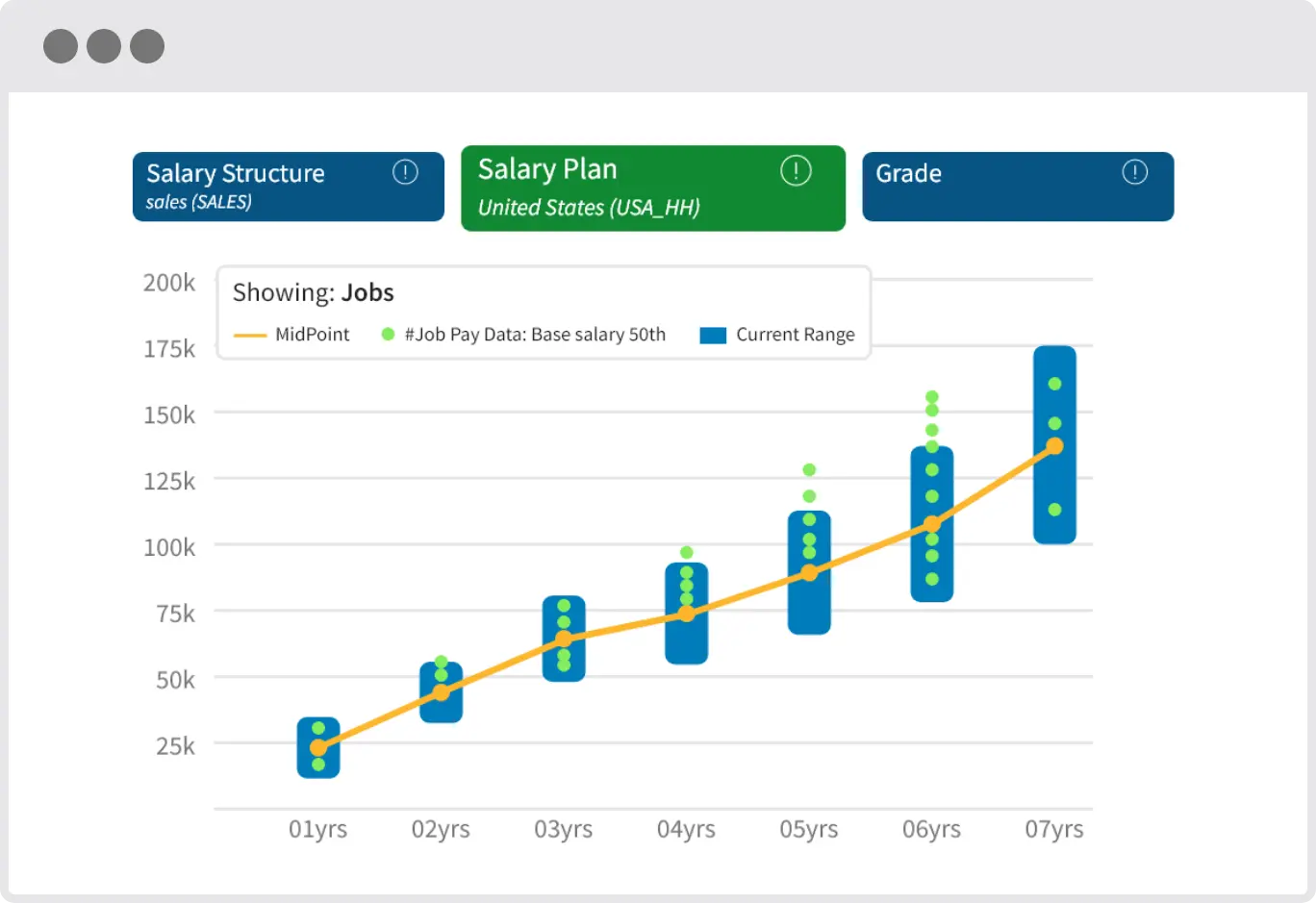How To Get Into Yale Phd Neuroscience? Expert Advice

To get into the prestigious Yale PhD Neuroscience program, it’s essential to demonstrate a deep passion for neuroscience, a strong academic record, and a well-crafted application. Here’s a comprehensive guide to help you increase your chances of being accepted into this highly competitive program.
Meet the Basic Requirements
Before applying, ensure you meet the basic requirements set by Yale University’s Graduate School of Arts and Sciences. These typically include:
- A bachelor’s degree from an accredited institution
- A strong GPA, preferably 3.5 or higher
- GRE scores (although some programs may waive this requirement)
- TOEFL or IELTS scores for international students
- Letters of recommendation from academic or professional mentors
Excel in Neuroscience and Related Fields
Yale’s PhD Neuroscience program is highly interdisciplinary, so it’s crucial to demonstrate excellence in neuroscience and related fields like biology, chemistry, physics, mathematics, and psychology. Focus on developing a strong foundation in:
- Cellular and molecular biology
- Neuroanatomy and neurophysiology
- Cognitive psychology and behavioral neuroscience
- Neuropharmacology and neurochemistry
- Computational modeling and neuroengineering
Gain Research Experience
Research experience is vital for a successful application. Seek out opportunities to work in laboratories, research institutions, or hospitals, and engage in projects that align with your interests and goals. This will help you:
- Develop essential skills in experimental design, data collection, and analysis
- Build a network of mentors and colleagues who can provide valuable recommendations
- Produce original research that can be published in academic journals or presented at conferences
Develop a Strong Research Statement
Your research statement should provide a clear, concise overview of your research interests, goals, and motivations. It should also demonstrate your knowledge of the field, your potential to contribute to it, and your fit with Yale’s PhD Neuroscience program. Ensure your statement:
- Clearly articulates your research questions and objectives
- Demonstrates a thorough understanding of the relevant literature and methodologies
- Outlines a potential research plan, including hypotheses, methods, and expected outcomes
- Highlights your unique strengths and qualifications
Secure Strong Letters of Recommendation
Letters of recommendation from academic or professional mentors can make a significant difference in your application. Choose recommenders who:
- Know you well and can speak to your strengths, skills, and potential
- Are familiar with your research experience and goals
- Can provide specific examples of your accomplishments and contributions
- Are willing to write a strong, detailed letter of recommendation
Prepare for and Take the GRE (if required)
If the GRE is required, prepare thoroughly to achieve a competitive score. Focus on:
- Reviewing the test format, content, and scoring system
- Practicing with sample questions and full-length practice tests
- Developing strategies to manage your time and reduce stress
- Achieving a score that is competitive with other applicants
Submit a Well-Crafted Application
Ensure your application is complete, well-organized, and submitted on time. Pay attention to:
- Carefully following the application instructions and requirements
- Submitting all required materials, including transcripts, test scores, and letters of recommendation
- Using clear, concise language in your research statement and personal statement
- Proofreading your application multiple times to eliminate errors and improve clarity
What Yale Looks for in Applicants
Yale’s PhD Neuroscience program seeks applicants who demonstrate:
- A strong academic record, including a high GPA and competitive GRE scores
- Research experience and a clear potential to contribute to the field
- A well-crafted research statement that demonstrates knowledge, motivation, and fit with the program
- Strong letters of recommendation from academic or professional mentors
- Excellent communication and interpersonal skills
Tips from Current Students and Faculty
Current students and faculty in Yale’s PhD Neuroscience program offer the following advice:
- Be genuine and authentic in your application, and ensure it reflects your true interests and goals
- Develop a strong research statement that demonstrates your knowledge and potential
- Secure strong letters of recommendation from mentors who know you well
- Prepare thoroughly for the GRE, if required, and achieve a competitive score
- Show a clear fit with Yale’s PhD Neuroscience program and its research strengths
FAQs
What are the average GPA and GRE scores of accepted students?
+The average GPA of accepted students is typically 3.5 or higher, while the average GRE scores vary by program. However, competitive scores are usually in the 80th percentile or higher.
How important is research experience for the application?
+Research experience is highly valued in the application process. It demonstrates your ability to design, conduct, and analyze research, as well as your potential to contribute to the field.
Can I apply to the PhD Neuroscience program with a bachelor's degree in a field other than neuroscience?
+Yes, you can apply with a bachelor's degree in a field other than neuroscience. However, you should demonstrate a strong foundation in relevant subjects like biology, chemistry, physics, and mathematics, as well as a clear interest in neuroscience.
How long does the PhD Neuroscience program typically take to complete?
+The PhD Neuroscience program at Yale typically takes 4-6 years to complete, depending on the individual's progress and research goals.
What kind of funding and support does Yale offer to PhD students?
+Yale offers a range of funding and support options to PhD students, including full tuition remission, a stipend, and health insurance. Additionally, students may be eligible for teaching assistantships, research assistantships, and external fellowships.
By following these expert tips and guidelines, you can increase your chances of being accepted into Yale’s prestigious PhD Neuroscience program. Remember to stay focused, work hard, and demonstrate your passion for neuroscience throughout the application process.


